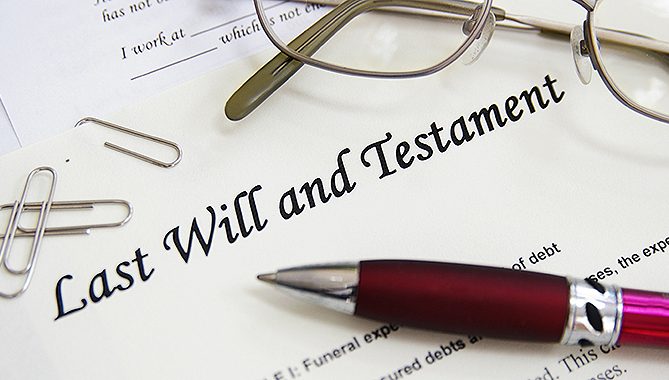
Don’t believe it when you hear that the State is going to take the children.
On the radio the other day, a very popular consumer advocate and radio talk show host in the Atlanta area was talking about the need to prepare wills.
He went through many of the reasons one should take the time to prepare a will.
In another brochure in this series, the one about “avoid probate,” I mention that phrase is a scare tactic which is often used as an excuse for NOT preparing a will, and mention some of the reasons that “avoiding probate” is not a good reason to avoid preparing a will.
Now, back to the talk show host, who started talking about the need to prepare a will in order to keep “The State” from deciding where minor children will go if something should happen to both parents.
That, too, is incorrect. If parents of minor children both die without a will, things are a bit more complicated, there are additional expenses, and problems can indeed arise; however, only if there is a contest between relatives does a judge usually decide who gets the children.
In reality, it is best to prevent the uncertainty, delays, and expense by having a will naming testamentary guardians of your children if something should happen to both parents.
Be cautious of trying to do it yourself. A DIY will and other documents may be just fine, but more often than not there are problems.
(Repeating) Why prepare a well drafted will?
- The obvious reason is to leave property to whom you wish. If there is real estate in the estate, the probate of a will aids in the orderly transfer of title.
- Parents with younger children should certainly prepare wills so as to provide for those children in the event something happens to both parents.
- The estate planning process in which the will is drafted may reveal some areas in which remedial action is necessary. This can be a discovery that title to property is unclear, that action is necessary to reduce taxes, etc.
- Contingencies can be considered. What about grandchildren? A divorced child? A deceased child?
- The words “well drafted” in the introductory line to this basic list are important because the use of certain words and clauses can result in the “five minute” probate I referenced earlier and the smooth administration of the estate thereafter.
When meeting with your attorney in the estate planning process, he or she may determine that some tax advice or planning is necessary where larger estates are involved. On many occasions my clients would be sent to meet with their CPA or other advisors before preparing the estate planning documents. That process was needed only in the larger estates.
In the planning process – and this does not depend on estate size – other documents such as powers of attorney and health care directives are prepared and signed. This is such an important aspect of the planning process that it will be treated elsewhere.
Therefore, if you have children, consider the option of preparing last wills and testaments which name testamentary guardians to take care of them in the event something happens to both parents. In addition, it is also advisable to name trustees to handle the money for the children until certain ages, but that is a subject for another brochure.
For the children: (1) testamentary guardians, and (2) testamentary trustees – good planning for their stability and security.
Choose the right attorney, plan well, and those remaining after you pass on will be grateful.



